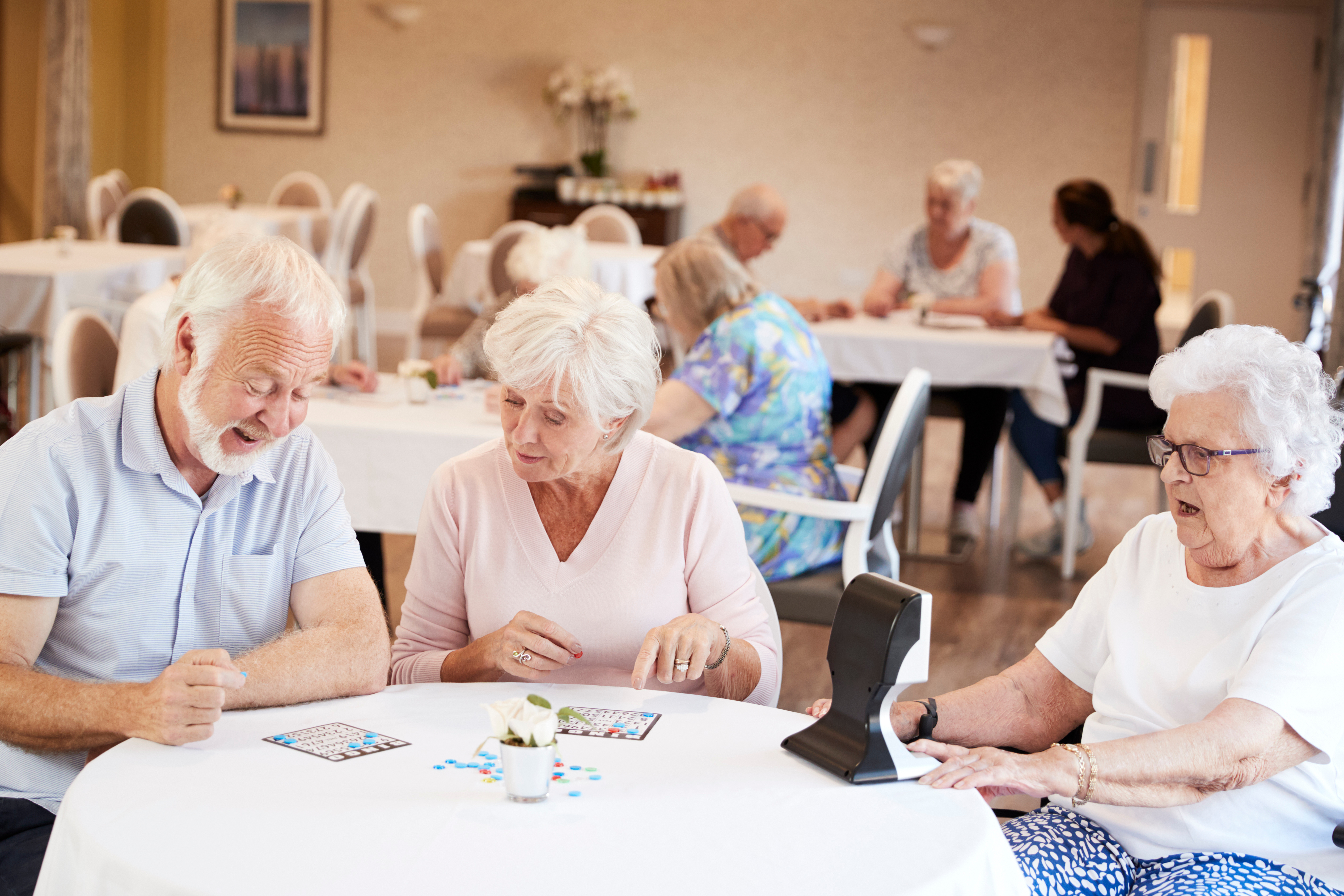Caring for seniors with Lewy Body Dementia (LBD) requires specialized knowledge and skills. LBD presents unique challenges, such as fluctuating cognition, visual hallucinations, and movement difficulties, requiring retirement home staff in Ontario to undergo comprehensive training to provide appropriate care. This article explores how Ontario’s retirement home staff are trained to handle the complex needs of seniors with LBD, ensuring a safe, supportive, and structured environment.
 Key Challenges of Caring for Seniors with Lewy Body Dementia
Key Challenges of Caring for Seniors with Lewy Body DementiaSeniors with LBD experience a combination of cognitive, motor, and behavioral symptoms that differ from other forms of dementia. The primary challenges include:
Because of these complexities, standard dementia training is not enough, and specialized education is required for caregivers in Ontario’s retirement homes.
Ask questions regarding retirement homes to our experts
Many Ontario retirement homes require staff to complete dementia-specific training programs, such as:
These programs equip caregivers with essential strategies to handle the fluctuating symptoms of LBD.
Staff are trained to develop individualized care plans that respect the preferences and routines of seniors with LBD. Key aspects include:
Since LBD affects balance and motor function, caregivers learn:
LBD patients are highly sensitive to certain medications. Staff training includes:
Caregivers receive specialized training on how to handle medical or behavioral emergencies, including:
| Training Program | Purpose | How It Helps LBD Patients |
|---|---|---|
| U-First!® Dementia Training | Teaches caregivers how to assess and support dementia patients. | Helps caregivers understand cognitive fluctuations and behaviors. |
| Gentle Persuasive Approach (GPA) | Focuses on managing responsive behaviors in dementia patients. | Provides safe strategies for handling hallucinations and agitation. |
| Mobility & Fall Prevention Training | Teaches safe movement techniques and environmental modifications. | Reduces fall risks and promotes independence. |
Yes, Ontario law mandates dementia training for staff in licensed retirement homes, and many facilities provide additional specialized training for Lewy Body Dementia care.
Caregivers are trained to reassure, redirect attention, and avoid confrontation. They also adjust the environment and lighting to reduce confusion.
They use gentle transfer methods, guided walking support, and adaptive exercise routines to maintain mobility while preventing falls.
They provide structured, low-stimulation activities such as music therapy, chair yoga, and reminiscence sessions to keep residents engaged without overwhelming them.
Some retirement homes offer family education programs to help relatives understand LBD symptoms and learn how to communicate effectively with their loved ones.
Caring for seniors with Lewy Body Dementia requires specialized knowledge and continuous training. Ontario retirement home staff undergo dementia-specific education, mobility support training, and emergency response preparation to provide compassionate and effective care.
Families should look for retirement homes that invest in advanced dementia training to ensure that their loved ones receive the best possible support.
Don't hesitate to contact us at 343 309 5289. We can help you choose the right establishment for you and assist you in your search.

Find a suitable senior residence